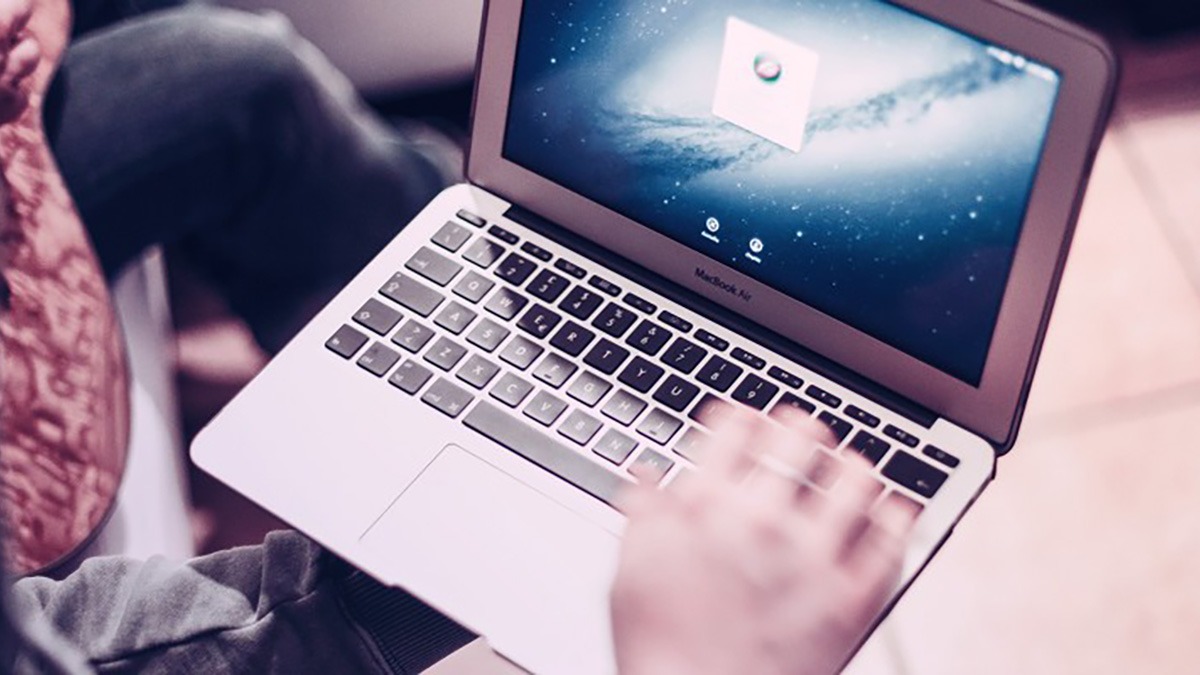Protect your information from Hackers – Weboq’s Defensive Measures List
The book about Computer security discussed three defensive measures for protecting personal computers from malware. The author suggested security patches, anti-Malware tools and using firewalls. That’s all great when it comes to the applications that are needed to secure our machine, but that’s not enough.
In what follows I will recommend my own defensive measures to ensure that your most valuable information is secure from hackers. My security measures list, when combined with the book’s recommendations will give you the greatest results.
- Be Password Savvy: Make sure your passwords are made of complex combinations of lower, capitals, alphanumeric and non-dictionary words. After you make up this complicated password, make sure you write it down in your diary or notebook, and keep it hidden. Don’t ever write your passwords into text files or share them with anyone.
- Be prudent while posting on Social Media sites: Think twice before posting any personal or sensitive data about yourself on social networks. This might seem like an obvious thing to us, but for gullible people or elderly this is an important issue.
- Make use of the Privacy settings in your Social accounts: Facebook, Twitter, Gmail, Yahoo and most web services give you the freedom to control who sees what from your online posts. Try to keep your life away from the preying eyes.
- Don’t trust any Anti-virus or Malware removal software: I have run into this problem many times. Make sure you research the net for reviews about the tool you are planning to use.
- Don’t make online purchases or bank transactions from open wireless networks: We have learned how Sidejacking works and what information can be revealed to hackers. Do your business from the comfort of your secured networks.
- Use reputable e-commerce sites for your online shopping: Not all e-commerce websites out there are safe to use. Amazon, eBay, and Major Brands Websites are probably your best bet.
- Never digitize your Social Security Number: SSN should never be scanned or saved in text format or sent via email or text messaging or chat… Ever!
- Be a Hacker: In the good sense of course, this means keep yourself educated on what viruses are out there and what new threats are trending. Remember attackers always devise new ways to trick you, so be prepared.
- Use Two computers: This is really important in my opinion. Keep your professional, work related, sensitive and personal data on a primary PC. Avoid connecting this PC to the internet as much as you can, and install only the most trusted software on it. Buy another PC and use it for your entertainment purposes. Let this secondary PC be you’re playground, use it to watch videos, browse insecure sites or install free games and applications.
- Install Browser Safety Add-ons: Both Firefox and Chrome have many add-ons and plugins that can assist you in browsing the internet is a safer way. Such plugins allow you to monitor your cookies and the requests made by the websites you are visiting.
